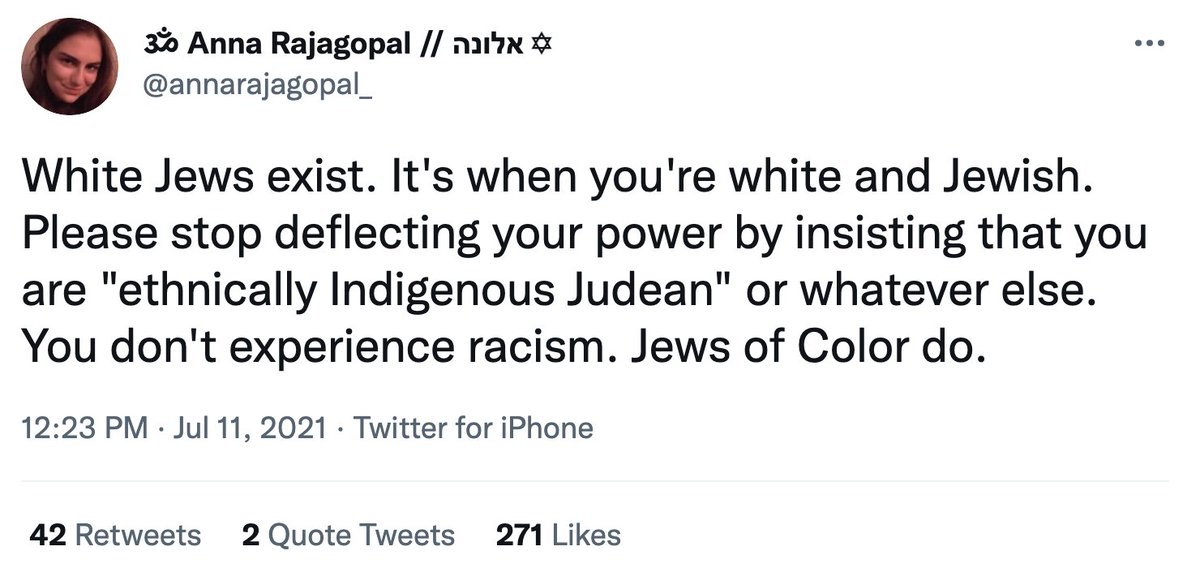
Have you ever asked yourself 'Why is it I never heard about Lord Rindsfleisch before?!" or 'What's the connection between him & King Richard I, the Lionheart, exactly?'
Well, you're about to do both; a short historical thread.
Well, you're about to do both; a short historical thread.
The year is 1298. Bavaria and the surrounding region are in the midst of a civil war between King Adolf of Nassau & Emperor Albert of Austria.
The Jews found themselves without the protection they had been afforded by the latter until then.
The Jews found themselves without the protection they had been afforded by the latter until then.
A man called 'Lord Rindsfleisch', either because he was a knight or so nicknamed because of his acts of butchery (Rindsfleisch means 'Butcher', 'Beef' in modern German) claimed that the Jews of Rottingen had stolen & tortured a consecrated host, a common medieval accusation.
As a result of the alleged crime against the eucharist wafer, he gathered a mob and proceeded to burned alive the 21 Jews of Rottingen. This happened on April 20th (on the same day, 591 years later, Hitler ym"sh was born).
That wasn't enough to satiate his thirst for blood.
That wasn't enough to satiate his thirst for blood.
Claiming that he had a mandate from Heaven, he proclaimed that he had been authorized to exterminate all of the Jews. After gathering a band of plunder-happy anti-semites, Rindsfleisch started to go from town to town in order to fulfill his "mandate".
From April to October, Rindsfleisch and his band burned through 148 communities in Bavaria, killing over 120,000 Jews.
Yes, 120,000 Jews.
Yes, 120,000 Jews.
Eventually, some populations were offered the choice of either baptism or death by fire. Contemporary chronicles describe how Jewish women jumped straight into the pyres with their children in tow rather than being forcibly converted.
This continued well into October, the last massacre in Helbronn mid-October. Only two communities, Regensburg & Augsburg, escaped the massacres due to the protection of the non-Jewish rulers of the city who refused to turn them over.
It is widely speculated that he was one of King Adolf's commanders, and this was reprisal as the King blamed his defeats on treasonous local Jews. In the end, he was arrested by the forces of Emperor Albert, who had won the civil war, and then beheaded (or possibly hanged).
The Emperor established an official declaration of protection of the Jews under his authority, but many pogroms still erupted in the following years, inspired by the evil deeds of Lord Rindsfleich.
It took a few hundred years for the Jews of Germany to recover, and thrive again.
It took a few hundred years for the Jews of Germany to recover, and thrive again.
What's the connection between Lord Rindsfleich and King Richard I, the Lionheart?
Well, that's for tomorrow's thread...
Well, that's for tomorrow's thread...
• • •
Missing some Tweet in this thread? You can try to
force a refresh














